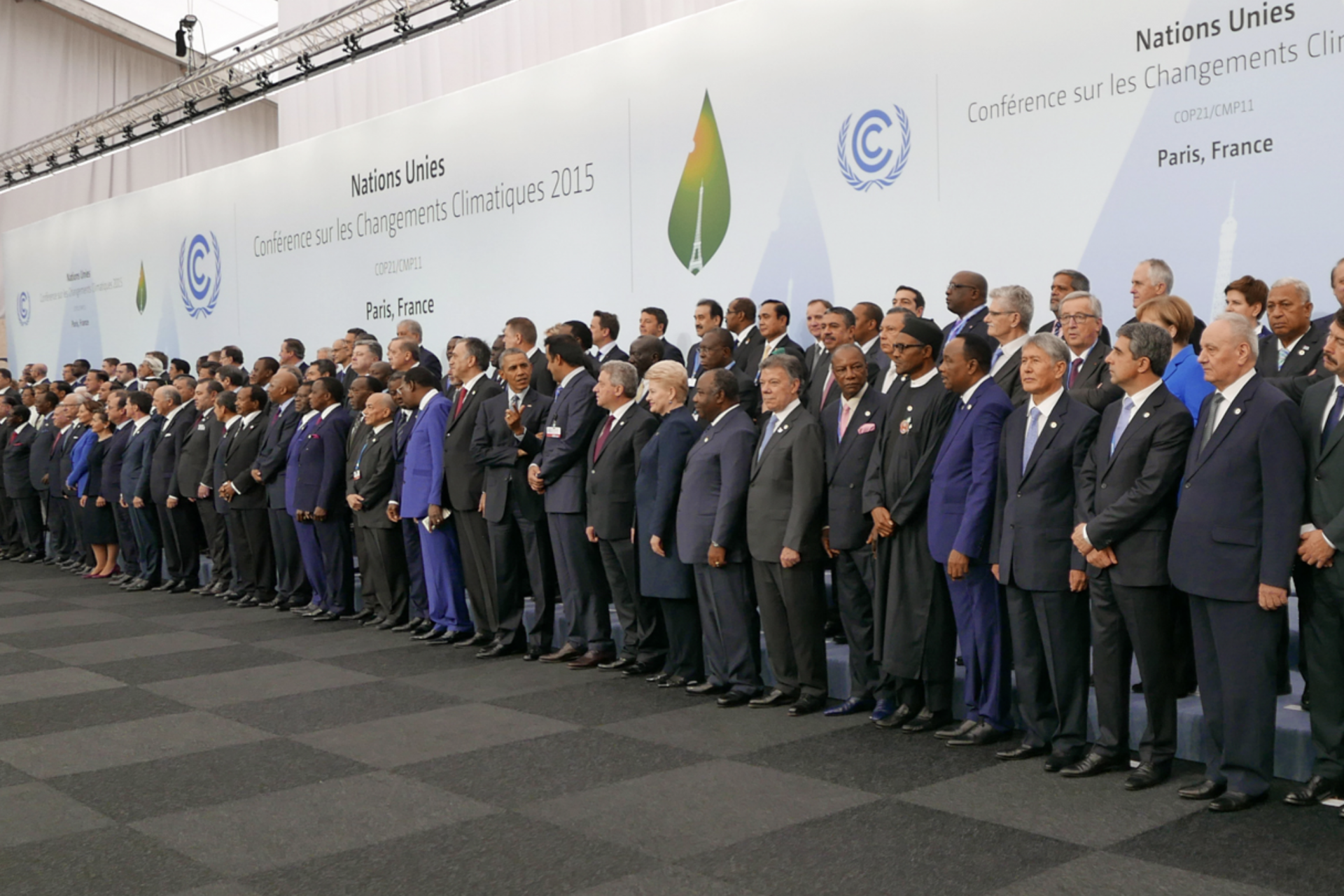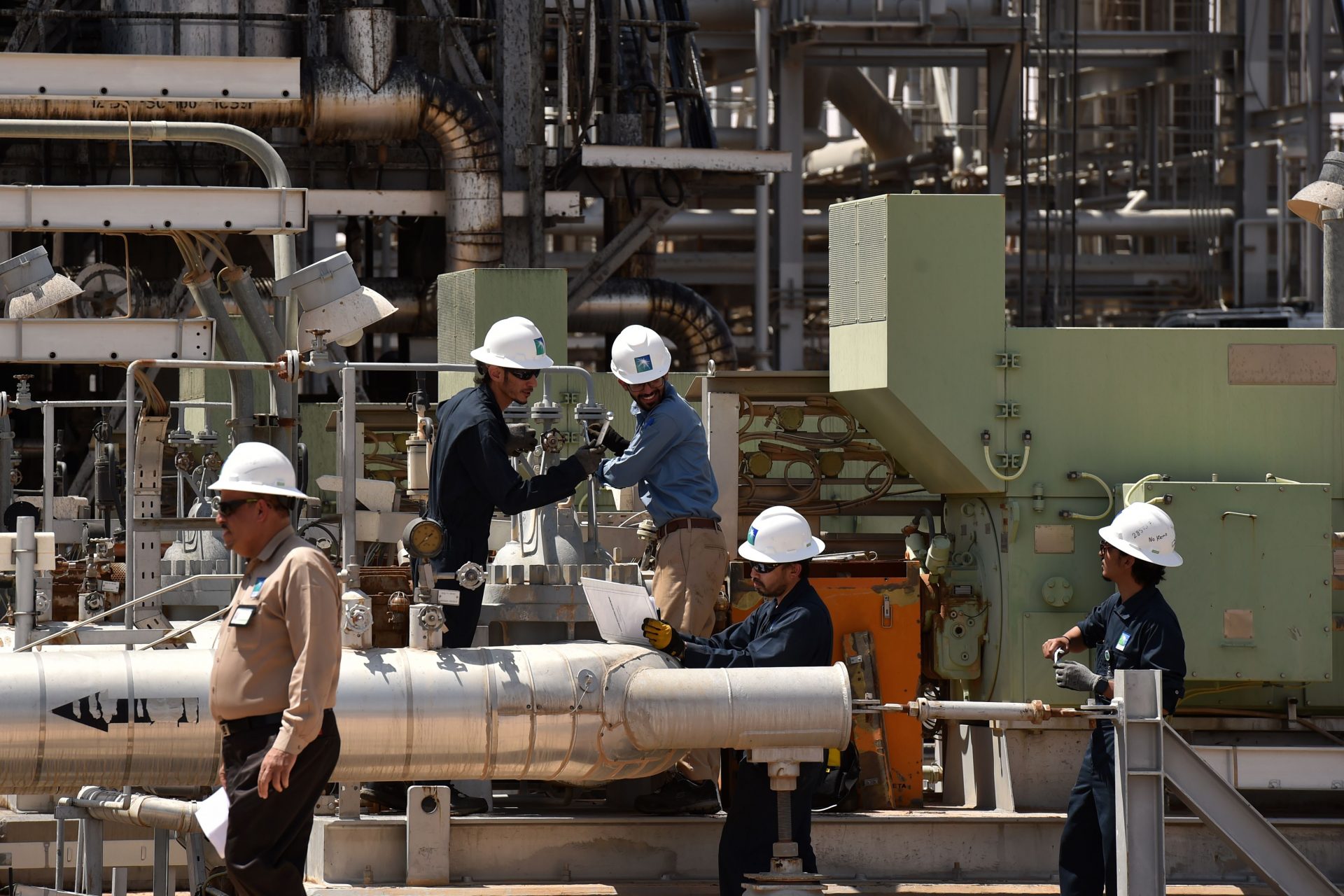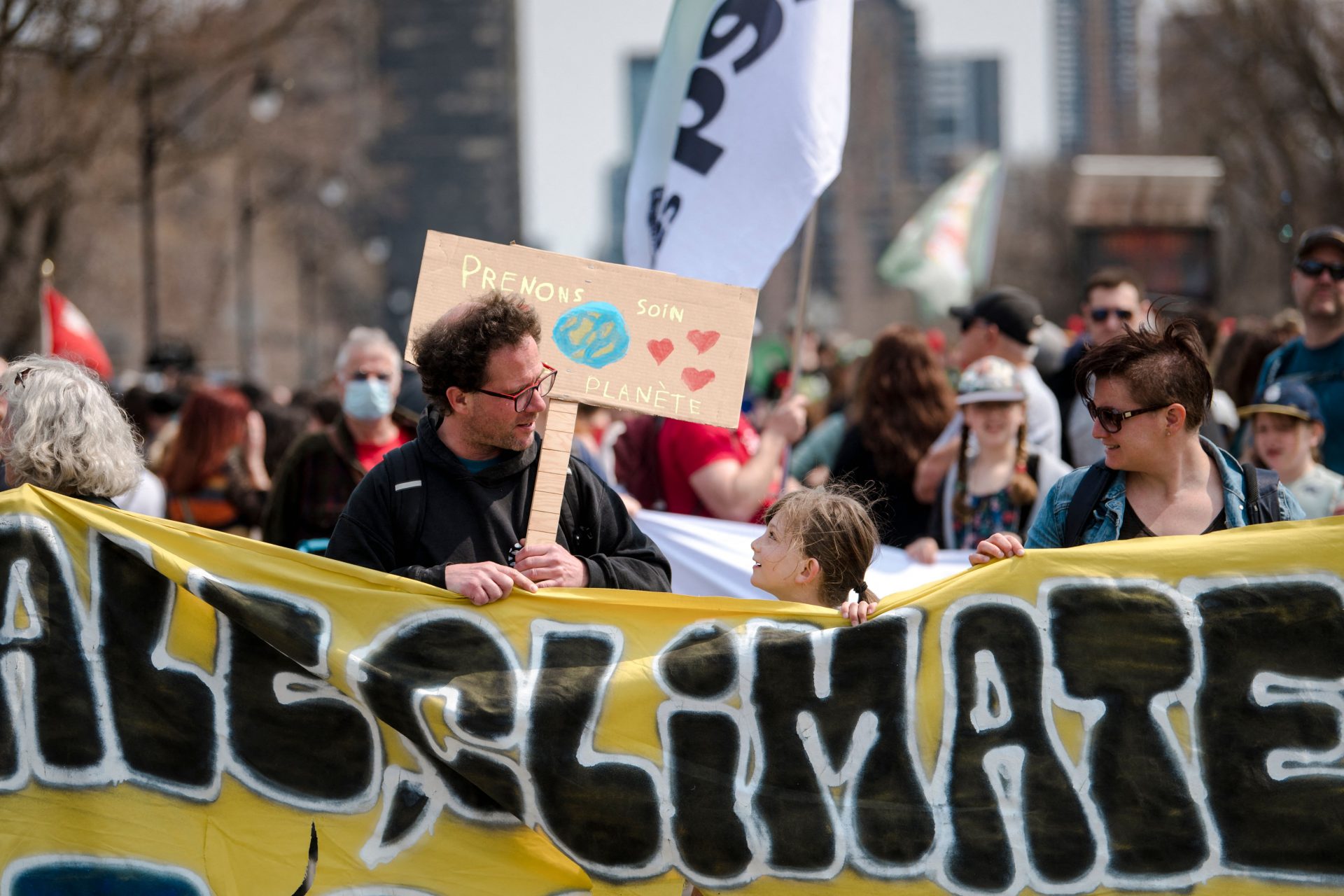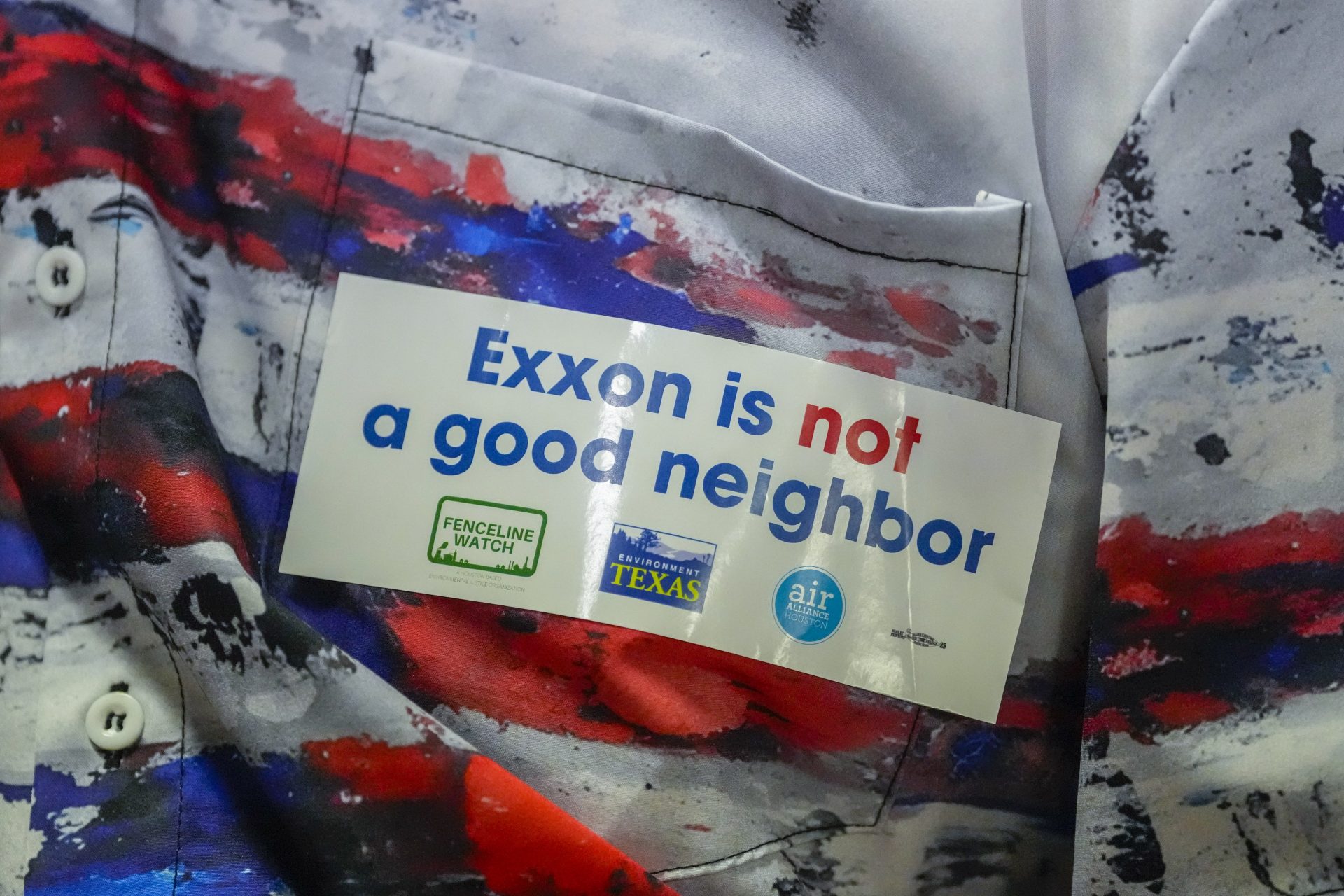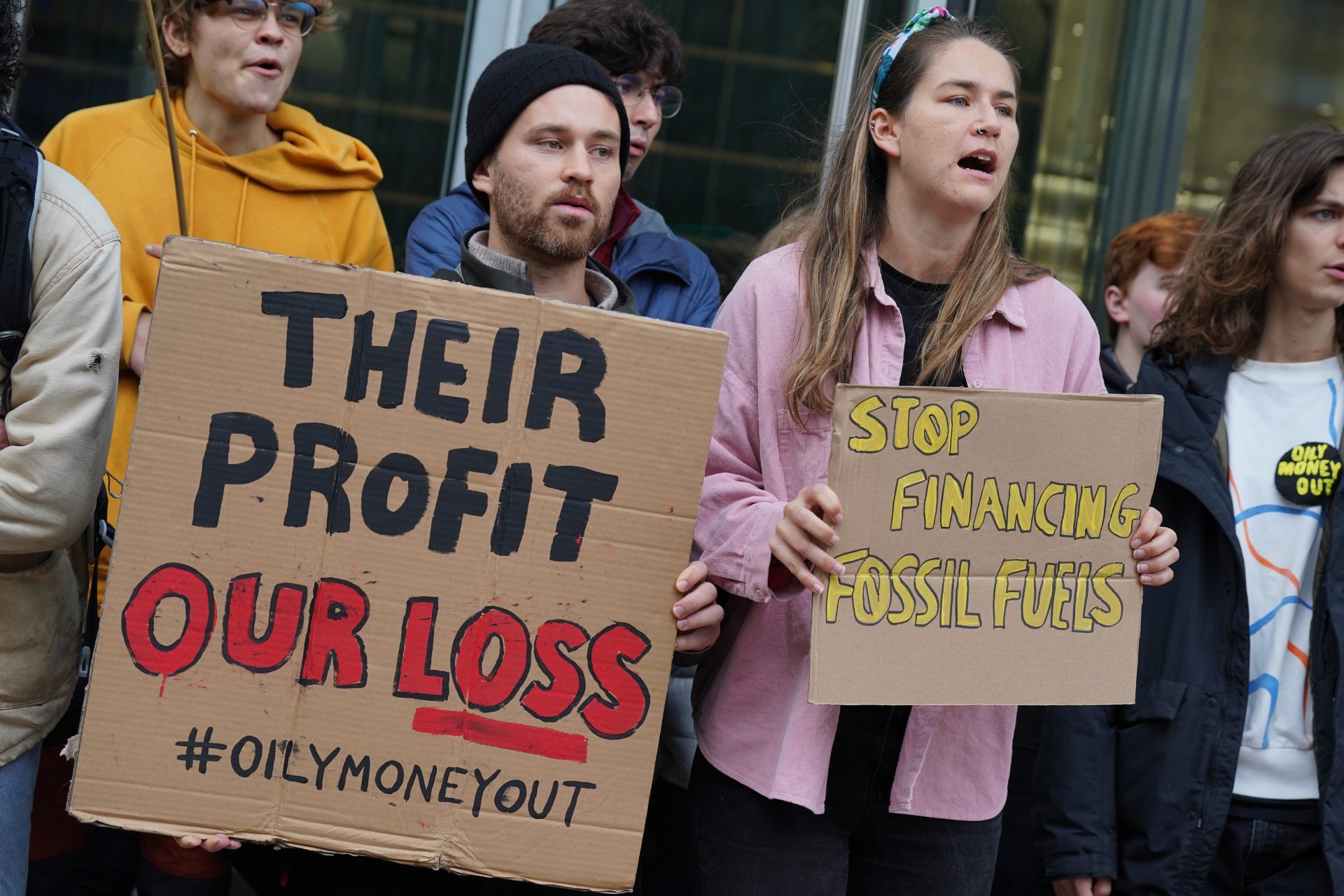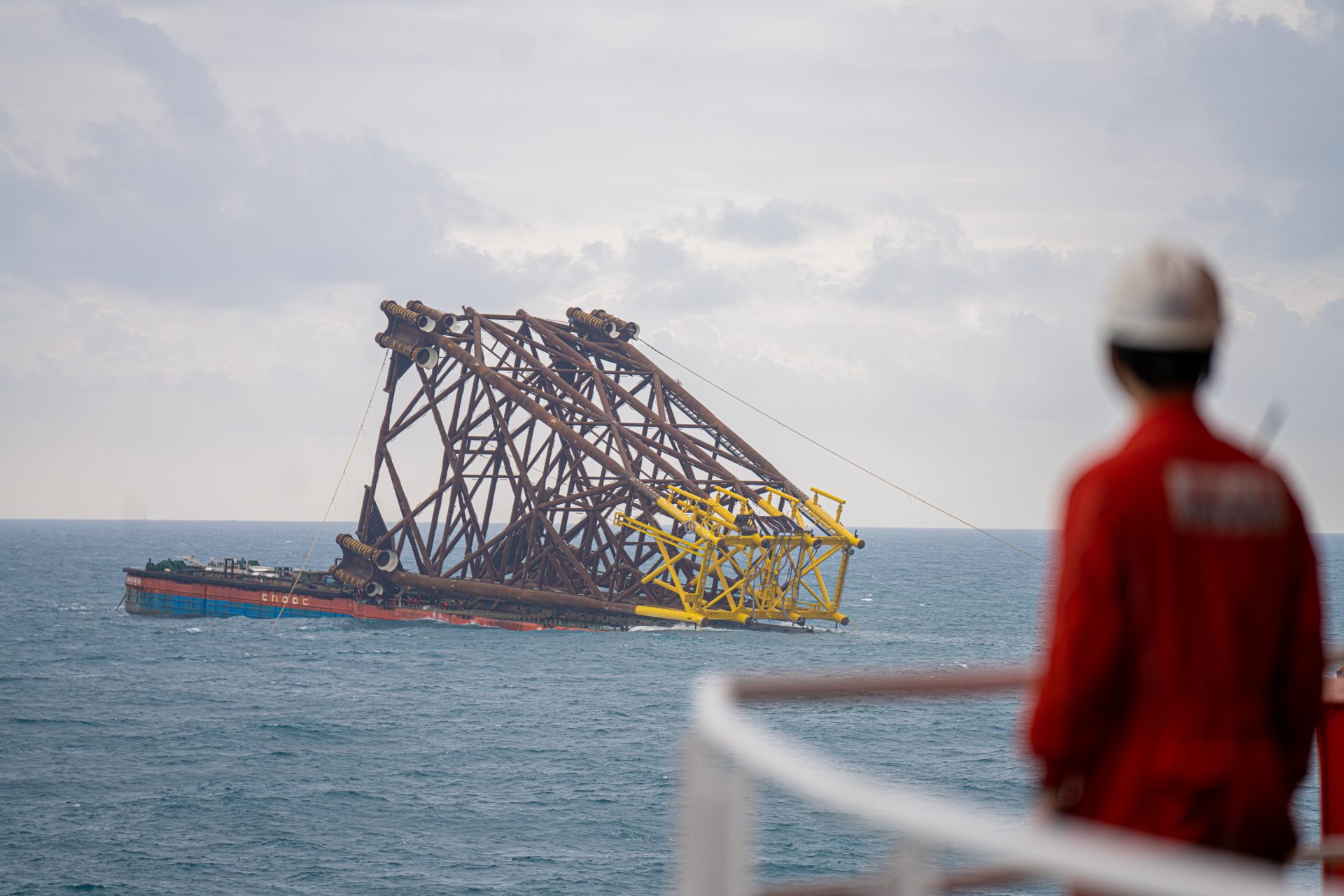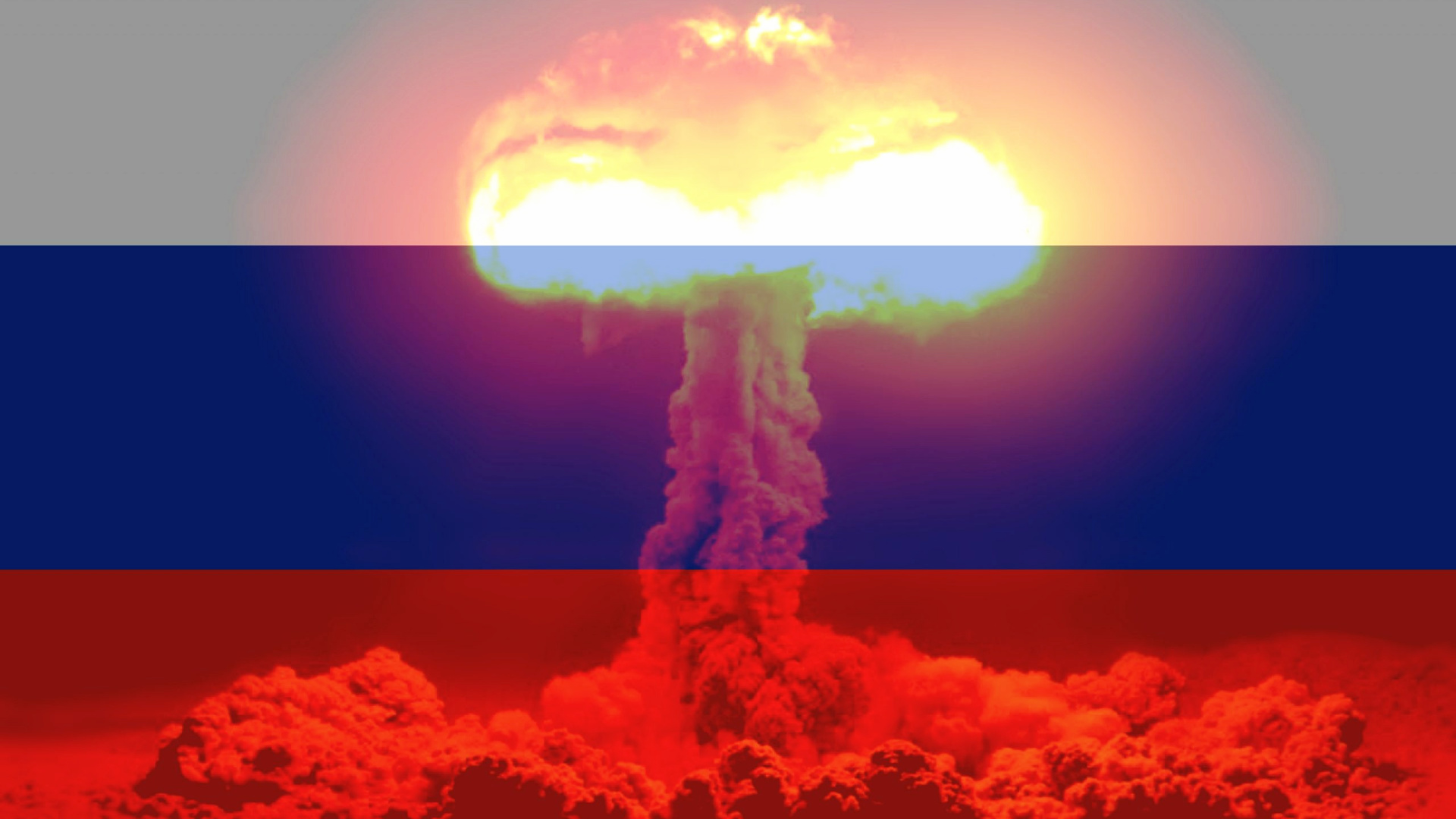Pollution Problems: report reveals a small number of companies were behind most emission in recent years
A report published in April 2024 highlighted most of the global emissions generated since the signing of the Paris Climate Accords in 2016 were the result of just a handful of major companies.
Analysis from Carbon Majors—a group of global researchers who study the world’s largest fossil fuel, coal, and cement producers—that was updated by InfluenceMap revealed that 117 different "extant entities" could be linked to 88% of emissions since 2016.
Even more cornering than the previous figure was the finding that 80% of the emissions could be directly linked to 57 corporate and state-producing entities in the same time period.
However, before we continue it is important to understand Carbon Majors' data and how their findings work. The Carbon Majors database traces 1,421 gigatonnes of equivalent carbon dioxide (GtCO2e) of historical emissions data from 122 historical industrial producers from 1854 to 2022.
“This data is used to quantify the direct production-linked operational emissions and emissions from the combustion of marketed products that can be attributed to these entities,” Carbon Majors noted, adding it was originally released in 2013 by Richard Heede of the Climate Accountability Institute.
InfluenceMap has since updated the data and it is this recent update that has provided information on what's been happening with carbon emissions and the world’s largest producers since the adoption of the Paris Climate Accord.
Photo Credit: Wiki Commons By Presidencia de la República Mexicana, CC BY 2.0
In the seven years that followed the adoption of the Paris Climate Accords, nation-state producers accounted for 38% of emissions in the Carbon Majors database while state-owned entities accounted for 37% of the emissions in that time.
Investor-owned companies only accounted for 25% of emissions and The Guardian’s Jonathan Watts explained why the disparity between state entities, state producers, and investor companies should be concerning for the world.
“Although governments pledged in Paris to cut greenhouse gasses, the analysis reveals that most mega-producers increased their output of fossil fuels and related emissions in the seven years after that climate agreement,” Watts wrote.
Carbon Majors and InfluencerMap found that of the world’s largest producers, 65% of state-owned entities had scaled up their production compared to only 55% of companies owned by investors. Want to know which companies were the worst?
The top ten companies that have produced the most CO₂ emissions in the 7 years after the Paris Accord was adopted included Saudi Aramco, Gazprom, Rosneft, Coal India, National Iranian Oil Co. Abu Dhabi National Oil Co., ExxonMobil, and Iraq National Oil Co.
Together, the world’s top fossil fuels were linked to nearly 67,000 metric tons of carbon dioxide-equivalent (MTCO2e) which equaled 23.4% of the total global emissions since the Paris Climate Accord was adopted in 2016, which is rather shocking.
“The Carbon Majors research shows us exactly who is responsible for the lethal heat, extreme weather, and air pollution that is threatening lives and wreaking havoc on our oceans and forests,” said Fossil Fuel Non-Proliferation Treaty chair Tzeporah Berman.
Photo Credit: Wiki Commons By Kris Krug, CC BY 2.5
“These companies have made billions of dollars in profits while denying the problem and delaying and obstructing climate policy,” Berman added, noting they advertised sustainable solutions “while continuing to invest in more fossil fuel extraction.”
One of the most worrying trends according to the data was the surge in Asian emissions growth from state-owned producers, which researchers noted was the most prevalent area of emissions growth after 2015.
“All 5 Asian investor-owned companies and 8 out of the 10 Asian state-owned entities are linked to higher emissions in 2016–2022 compared to 2009–2015. This is primarily shaped by rising emissions from Asian coal production,” a press release reported.
The Guardian reported that findings from Carbon Majors and InfluenceMap came just on the heels of a new warning from the International Energy Agency that noted in order for the world to stay within safe global warming limits, no new oil and gas fields can be opened.
Photo Credit: Wiki Commons By IAEA Imagebank, CC BY 2.0
“It is morally reprehensible for companies to continue expanding exploration and production of carbon fuels in the face of knowledge now for decades that their products are harmful,” said Richard Heede. “Don’t blame consumers who have been forced to be reliant on oil and gas due to government capture by oil and gas companies.”
More for you
Top Stories








